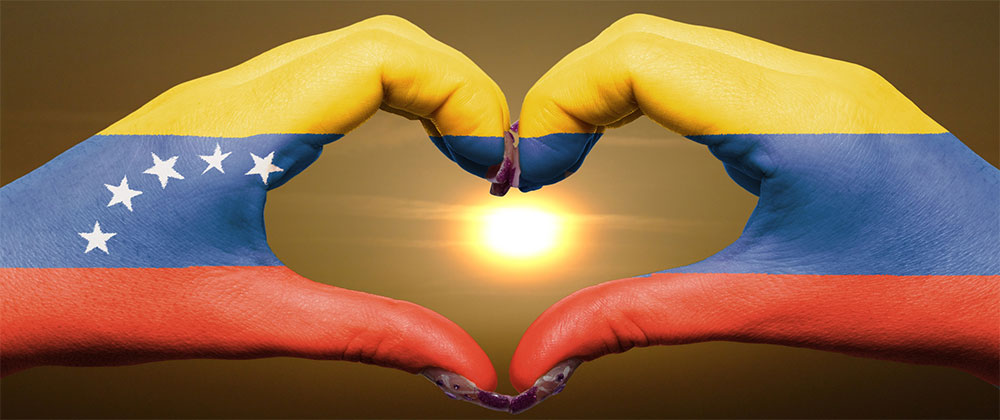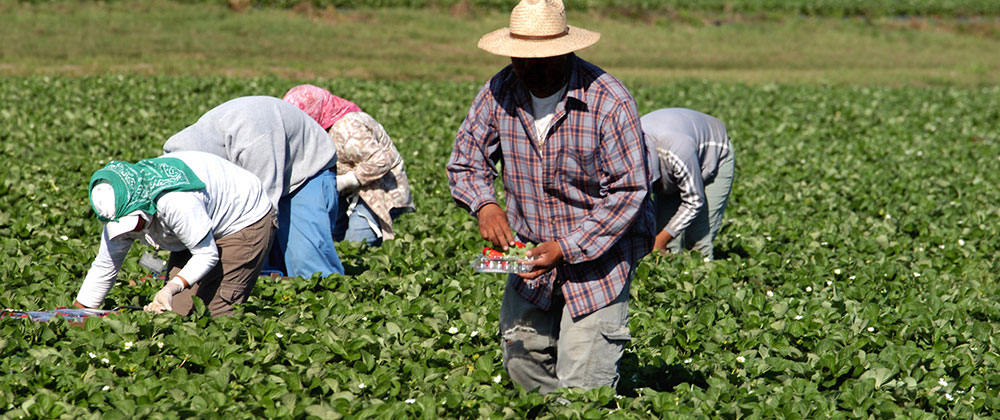What We Know About the Venezuelan TPS Extension
Many people from Venezuela are currently living in Florida after fleeing their home country because of civil and political unrest. Recently, the Biden administration announced that it will extend temporary protected status (TPS) to eligible people from Venezuela, which will allow them to remain in the U.S. and work for an additional 18 months. The announcement will affect approximately 343,000 Venezuelans. However, many advocates argue that the administration’s announcement does not go far enough. Here is some information about the Venezuelan TPS program from a Miami immigration lawyer at Pozo Goldstein.
TPS Extension for Certain Venezuelans
The TPS extension for people present in the U.S. from Venezuela means that those who are eligible will be allowed to remain in the U.S. and work for an additional 18 months. However, the extension will not apply to anyone who arrived in the U.S. from Venezuela after March 8, 2021. Both U.S. and Florida lawmakers have asked the Biden administration to allow those who arrived in the U.S. from Venezuela after March 8, 2021, to also be included in the TPS extension. U.S. Customs and Border Protection reports that there were around 145,000 Venezuelan nationals the agency encountered at the Southern border between March 2021 and May 2022. Lawmakers estimate that an additional 250,000 Venezuelans came to the U.S. from 2021 through the first six months of 2022. These newer arrivals would not be included in the 18-month TPS extension.
While advocates are thankful for the extension, they argue that current TPS holders should be granted a path to citizenship and that TPS benefits should be expanded to include Venezuelans who arrived in the U.S. after March 2021. Many Venezuelans have fled the country because of political and civil unrest and dangerous conditions. The conditions in the country show little signs of improvement.
While Venezuelans who came to the U.S. before March 8, 2021, can apply for TPS, those who arrived later are largely limited to applying for asylum. The asylum process is complex. Because of its inefficiency, many asylum applicants wait for longer than a year to have their cases heard in the immigration court. Some are forced to wear ankle monitors instead of being detained while they wait for their cases to be heard. There are also other problems caused by a lack of communication between the asylum office and the immigration court, including immigration authorities who fail to file necessary documents. These types of issues can prevent people from moving forward through the asylum process.
Some people are in limbo without having the authority to work or having asylum applications that are rejected. Some people from Venezuela who arrive on tourist visas might be eligible to apply for family-based visas or work visas. The government’s reticence to expand TPS status to later arrivals is driven by its desire to tamp down patterns of wave migration from areas of political unrest over the past few years. However, Venezuelan advocates note that the U.S. government has expanded TPS protection for Haiti two times in the past 12 years, including in Jan. 2011 following the 2010 earthquake and in May 2021. After President Jovenel Moise was assassinated in Haiti, the country was redesignated a third time in Aug. 2021. Like Haiti, Venezuela has sown a pattern of ongoing unrest that has worsened. For that reason, advocates argue that Venezuela should also be redesignated to allow later arrivals to benefit from TPS status.
An estimated 250,000 Venezuelans have applied for TPS status. Approximately 35% of their applications have been approved, and only 90 applications have been rejected. TPS approval is taking from 13 to 15 months. The applications have been filed in two different time frames, so not all of them are behind schedule. The Venezuelan embassy stated that it will continue to ask for the U.S. government to redesignate Venezuela so that more people can qualify for TPS.
Get Help From a Miami Immigration Lawyer
Venezuelan migrants who are present in the U.S. might be eligible for Venezuelan TPS status to allow them to remain in the U.S. and work while the situation in their home country remains unstable. Those who are later arrivals might instead try to apply for asylum, family-based immigration, or employment-based visas. The attorneys at Pozo Goldstein can help you understand your options. Our team of attorneys includes former immigration prosecutors and a former judge, and we can help you understand the types of immigration relief that might be available. Contact us today to schedule a consultation by calling (305) 856-0400.




